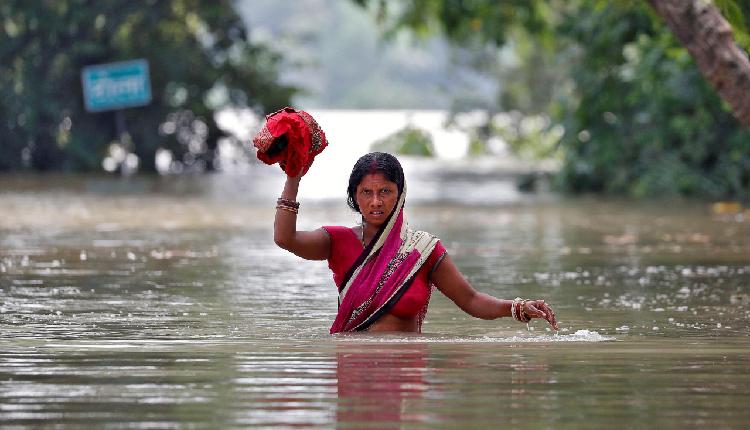Rome: Extreme climate events like heatwaves and floods disproportionately affect the incomes of rural women, people living in poverty and older adults, according to a new report from the Food and Agriculture Organisation (FAO) of the United Nations on Tuesday.
Compared to households headed by males, female-headed households, on average, lose 8 per cent of their income to heat stress, while floods claim 3 per cent, the report said.
Surge in average temperatures by just 1 degree Celsius can lead to a staggering 34 per cent greater loss in their total incomes compared to men. Considering the significant existing differences in agricultural productivity and wages between women and men, the study suggests that if not addressed, climate change will greatly widen these gaps in the years ahead.
“Social differences based on locations, wealth, gender and age have a powerful, yet poorly-understood impact on rural peoples’ vulnerability to the impacts of the climate crisis. These findings highlight the urgent need to dedicate substantially more financial resources and policy attention to issues of inclusivity and resilience in global and national climate actions,” said FAO Director-General, QU Dongyu, in a statement.
The report is based on an analysis of socioeconomic data from over 100,000 rural households across 24 Low and Middle-Income Countries (LMICs).
The information was then integrated with 70 years of georeferenced daily precipitation and temperature data.
The report also examines how various climate stressors impact people’s incomes, labour, and adaptation strategies, differentiating based on their wealth, gender, and age.
Apart from impacting gender, heat stress, or overexposure to high temperatures and floods also lead to income disparity between rural households classified as poor, worsen child labour and increase the unpaid workload for women in poor households.
(IANS)
















